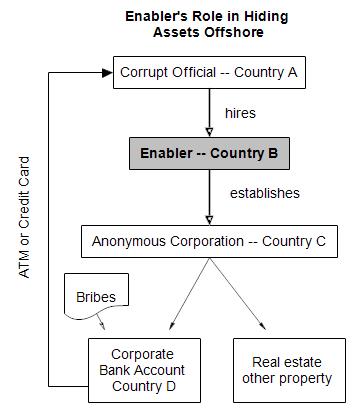Most readers of this blog are likely to support rigorous anticorruption laws. But a modicum of caution is necessary: If poorly designed, even anticorruption laws adopted with the best of intentions can be weaponized by bad-faith actors. This is not only a modern problem. Indeed, a troubling illustration of how overly ambitious anticorruption laws can spectacularly betray their core purposes can be found some two thousand years ago, in the dying days of the Roman Republic.
The Roman Republic had a comprehensive and complex legal code, with multiple statutes (lex) prohibiting the general crime of ambitus. It is frustratingly unclear what precisely constituted ambitus, but at its core, ambitus (which shares the same linguistic root as modern-day “ambition”) covered electoral bribery and other forms of electoral fraud and corruption. That said, the line between legal electioneering and illegal ambitus was often blurry, and ambitus was sometimes used as a general pejorative accusation for when a candidate’s ambition “went too far.” (In that sense, Roman debates over the definition of ambitus may parallel modern debates over the definition of “corruption.”)
A handful of ambitus laws were passed during the Middle Republic. For example, an ambitus law from 358 BC prohibited political candidates from canvassing on market days, and a 314 BC law created a commission to investigate election rigging. Yet such laws were relatively rare, and ambitus does not seem to have been a prominent concern during this period. During the Late Republic, however, the problem of rampant electoral bribery prompted the Senate to enact a flurry of new ambitus legislation. Many of these laws were direct responses to specific incidents of ambitus, and exhibited a pattern of increasingly harsh punishments and prosecution-friendly procedural changes. Despite addressing a very real problem, these reforms to the ambitus laws of the Late Republic ended up being not only ineffective, but actively exacerbated the decline of the Republic.
